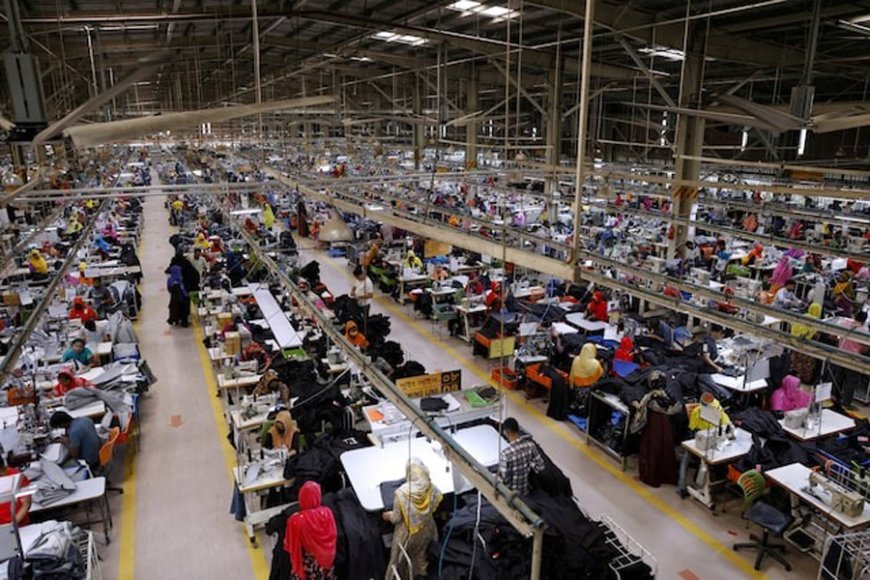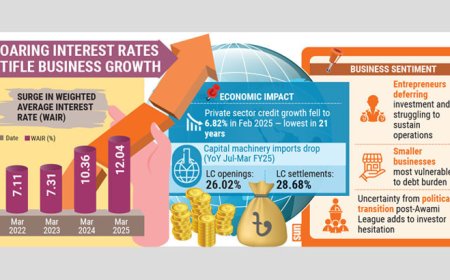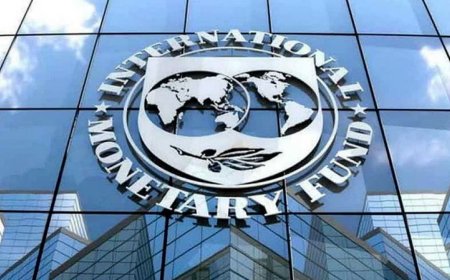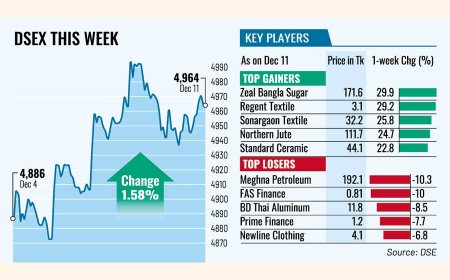Some Bangladeshi garment orders from Walmart put on hold amid looming US tariff threat
Some Bangladeshi garment orders from Walmart put on hold amid looming US tariff threat

Some Walmart Garment Orders from Bangladesh Put on Hold Amid US Tariff Threat
Suppliers working with Walmart have delayed or placed some orders from Bangladeshi garment manufacturers on hold, as concerns grow over a potential 35% US tariff, three factory owners and supplier correspondence reviewed by Reuters revealed.
The uncertainty stems from US President Donald Trump's threat to impose steep tariffs on imports from Bangladesh, a major textile exporter. The country ranks as the third-largest apparel supplier to the US and depends heavily on the garment sector, which accounts for 80% of export earnings and 10% of GDP. Factory owners warned that if the tariff takes effect on August 1, order volumes will likely decline, as manufacturers cannot absorb such a high cost increase.
Iqbal Hossain, managing director of Patriot Eco Apparel Ltd, said an order for nearly one million swim shorts for Walmart was put on hold Thursday due to the tariff threat.
In an email to Hossain and others seen by Reuters, Faruk Saikat, assistant merchandising manager at Classic Fashion, wrote:
"As we discussed, please hold all below Spring season orders we are discussing here due to heavy Tariff imposed for USA imports."
He added that production in Bangladesh was being paused per management instructions and would resume only if the tariff issue is resolved.
Saikat clarified that the decision to hold production came from Classic Fashion—a supplier and buying agent—not from Walmart directly. Walmart has yet to comment on the matter.
Meanwhile, Bangladesh is engaged in ongoing negotiations with the United States in Washington, aiming to secure tariff relief, as Trump renews his push for higher trade levies on multiple countries.
"If the 35% tariff stays in place, it will be extremely difficult to sustain. Order volumes will definitely shrink," said Mohiuddin Rubel, managing director of Denim Expert Ltd, which supplies jeans to H&M and others. He noted that buyers may expect producers to absorb part of the tariff, but said this is financially unfeasible—especially for small and mid-sized factories already strained by the blanket 10% tariff imposed in April.
"Perhaps the largest companies could weather the impact, but most small and medium manufacturers won’t survive under such conditions," Rubel said.
Retailers have already accelerated their order placements since Trump’s return to the White House, anticipating tariff hikes. Levi’s, which sources from Bangladesh, said Thursday it has already secured 60% of its inventory needs for the remainder of 2025.
According to US International Trade Commission data, clothing imports from Bangladesh to the US reached $3.38 billion in the first five months of 2025, a 21% increase compared to the same period last year.
Another Dhaka-based factory owner said a buyer he was negotiating a Spring 2026 trousers order for Walmart with requested a one-week delay in finalizing the deal, citing tariff concerns.
Hossain said if the 35% tariff goes into effect, he may pivot toward European buyers to make up the shortfall—even if that means lowering prices to boost demand.
What's Your Reaction?





















































































